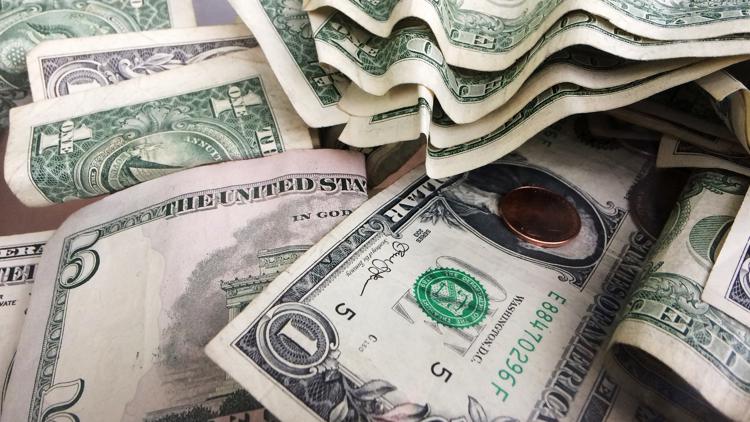
Former President Donald Trump and Vice President Kamala Harris have both expressed interest in eliminating federal taxes on workers’ tips. While this proposal is aimed at helping low-wage workers, experts argue that it may not be as beneficial as it seems.
According to James Hines Jr., a professor at the University of Michigan, such a change would be complicated and costly for the federal government. It could also lead to higher-paid workers restructuring their compensation to avoid taxes. In the end, the impact on low-income workers may be limited.
Despite these concerns, both Trump and Harris have proposed plans to exempt tips from federal taxes, though the details remain unclear. Harris’s campaign has mentioned including income limits to prevent abuse by wealthy individuals.
While supporters argue that making tips tax-free would benefit low-wage workers, critics suggest that there are more effective ways to address income inequality, such as expanding tax credits or adjusting tax rates.
Implementing such a policy could also have significant financial implications. The Committee for a Responsible Federal Budget estimates that exempting all tip income from federal taxes could result in a substantial revenue loss.
As the presidential election approaches, tax policy is expected to be a key issue for Congress to address. However, given the complexity of changing tax laws, experts believe that any significant modifications will require careful consideration by lawmakers.
Regardless of the outcome of the election, the debate over federal tax policy on tips is likely to continue, with implications for both workers and the government’s budget.




